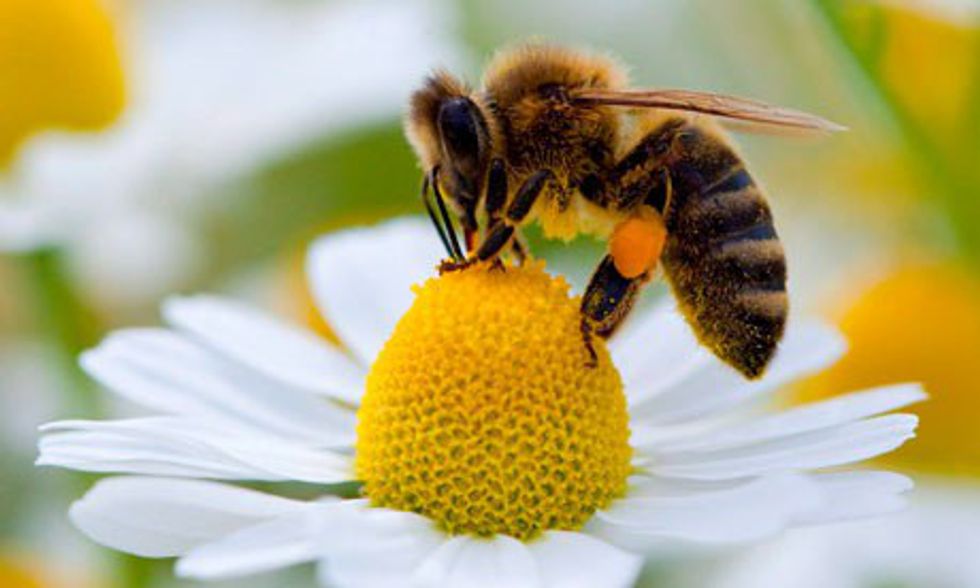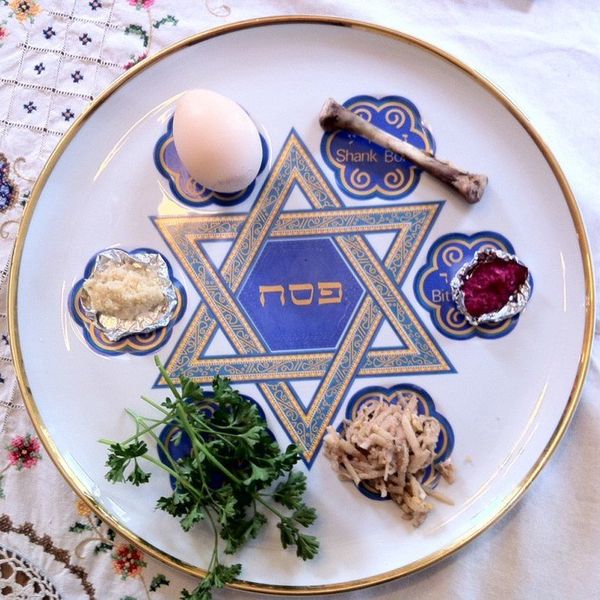Once or twice I have encountered the typical hardworking bee just buzzing along minding his own business. Rarely do we, as humans, realize how much bees mean to our lives. Bees are commonly known for their (often) annoying buzzing, but they are mostly known for their pollinating of plants across the globe. What people do not understand is that if these completely harmless insects die off, so do we.
Recommended for you
Without pollination, we would not have certain staples we survive on. These staples include: broccoli, asparagus, cantaloupes, cucumbers, pumpkins, blueberries, watermelons, almonds, apples, cranberries, cherries, etc. Without bees we wouldn’t have the delicious nectar called “honey” that we are so familiar with. Even though the beauty of the planet is not the most important factor that bees provide, but I know I would prefer to see beauty all around me rather than wastelands. They pollinate many different types of flowers that people see every day.
So why are these harmless insects dying? For many years researchers could not figure it out, but in the last few years scientists have noticed a correlation between a group of insecticides called neonicotinoids. These harsh chemicals are used to treat agriculture, but are detrimental to the lives of bees. Pesticides, parasites, and a decline in the diet of the bees are also participating factors in the killing of bees. As well as these deciding factors, human-based climate change has also been suspected of aiding these changes in the bee population, as well.
There are many ways to help save the bees from the comfort of your own home! Although joining a bee-keeping society or having your own hive is a good way to help out, it can be a little messy to get into, which is why I recommend planting a bee garden. Planting native flowers that the local bees are easily adapted to in your bee garden is helpful, and this can be found on websites for local garden/plant nurseries. This will attract the bees to your garden. Also, the flowers in your at-home garden should consist of single flower tops and not highly hybridized plants. Flowers that attract bees are: Crocus, Snapdragons, Zinnias, and many more. Another method of planting a bee garden is building homes for solitary bees. Bees need small areas to burrow so any hedges or piles of soil can be a home to a lonely bee. Bees also like little baths to refresh themselves, so leaving a small container filled with water will attract the bees. Lastly, a big helper of saving the bees is avoiding pesticides and fertilizers unless they are natural and bee-friendly.
In all, its quite simple to help save the bees and everyone can do it. I also recommend looking up local bee-saving organizations around you, and hopefully joining it. If we do not come together to save these precious insects, not only will they become extinct, but our lives could be put in danger. We rely on these insects whether you know it or not, and it's time to take matters into our own hands and save the bees




















